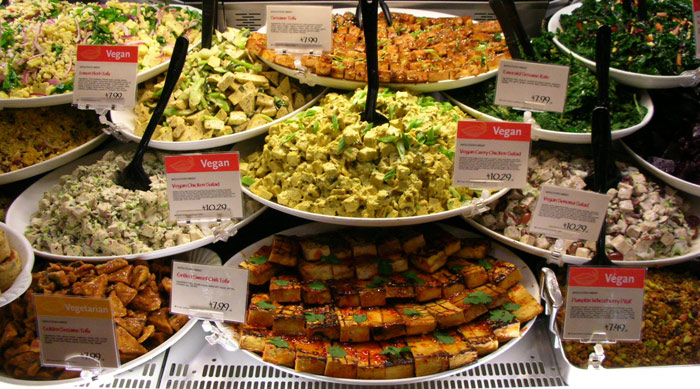
by Dr. Michael Murray | Jun 2, 2014 | Natural Facts
Introduction Melatonin is a hormone secreted by the pineal gland, a small pea-sized gland at the base of the brain. Melatonin is critically involved in regulating the natural biorhythm of hormone secretion referred to as the “circadian” rhythm”, as well as control...

by Dr. Michael Murray | May 27, 2014 | Heart Disease, Natural Facts
Introduction: Flavonoids are a group of plant pigments that are responsible for many of the health benefits of fruits, vegetables, juices, and herbs. As a class of over 8,000 compounds, flavonoids are sometimes called “nature’s biological response modifiers” because...

by Dr. Michael Murray | May 26, 2014 | Natural Facts
Protect yourself from daily toxins, environmental hazards, and even radiation exposure with this antioxidant-based health regimen Earlier this year, the nuclear crisis in Japan led to a run on potassium iodide (KI) supplements in health food stores and pharmacies...

by Dr. Michael Murray | May 20, 2014 | Natural Facts
Introduction: As humans, we all have some basic and essential nutritional needs whether we choose to be omnivores, vegetarians, or vegans. Is one of these diets healthier than the next? Only within their contexts if they can provide adequate levels of essential and/or...

by Dr. Michael Murray | May 13, 2014 | Natural Facts
Introduction: Psoriasis is a painful and visible inflammatory skin condition that affects nearly 8 million people and often leads to embarrassment and even depression. A new study conducted at a major university in Italy found that supplementation with Pycnogenol®, a...

by Dr. Michael Murray | May 12, 2014 | Natural Facts
Understanding your genetic clock and how to slow it down For many years, it was thought that cells were immortal if provided an ideal environment. That belief was discarded in the early 1960s when Leonard Hayflick, PhD, observed that human fibroblasts in tissue...









